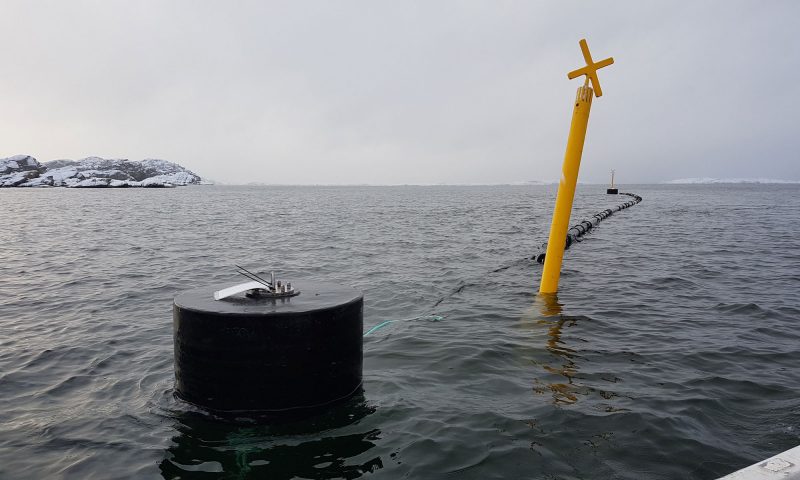The project’s purpose is to introduce new low trophic species, products and processes in marine aquaculture value chains across the Atlantic. Low trophic species are those organisms low on the food chain as sea urchins or mussels. The five chosen value chains of AquaVitaeinclude macroalgae, Integrated Multi-Trophic Aquaculture (IMTA), echinoderm species (e.g. sea urchins), shellfish and finfish. IMTA is a process that farms several species together using waste from one species as feed for another.
One of the main expected results of the project would be the creation of real and meaningful collaborative links between researchers, industry and other aquaculture stakeholders in the Atlantic area.











